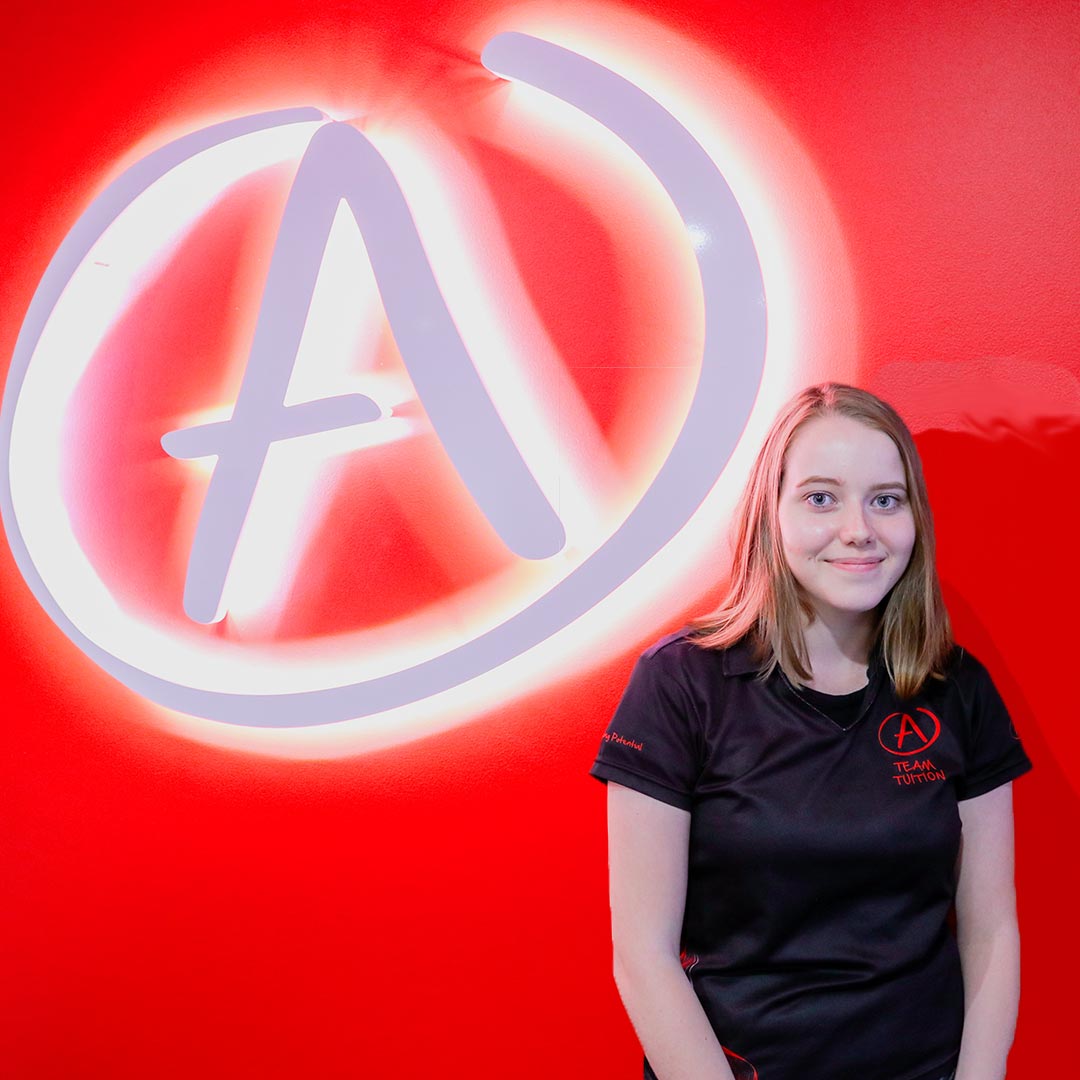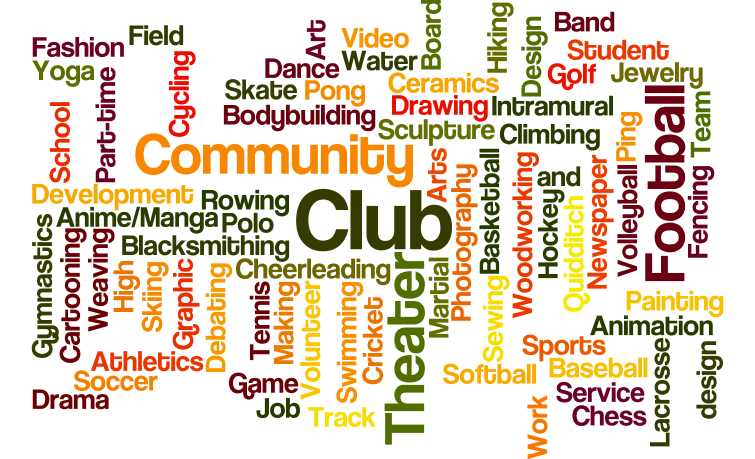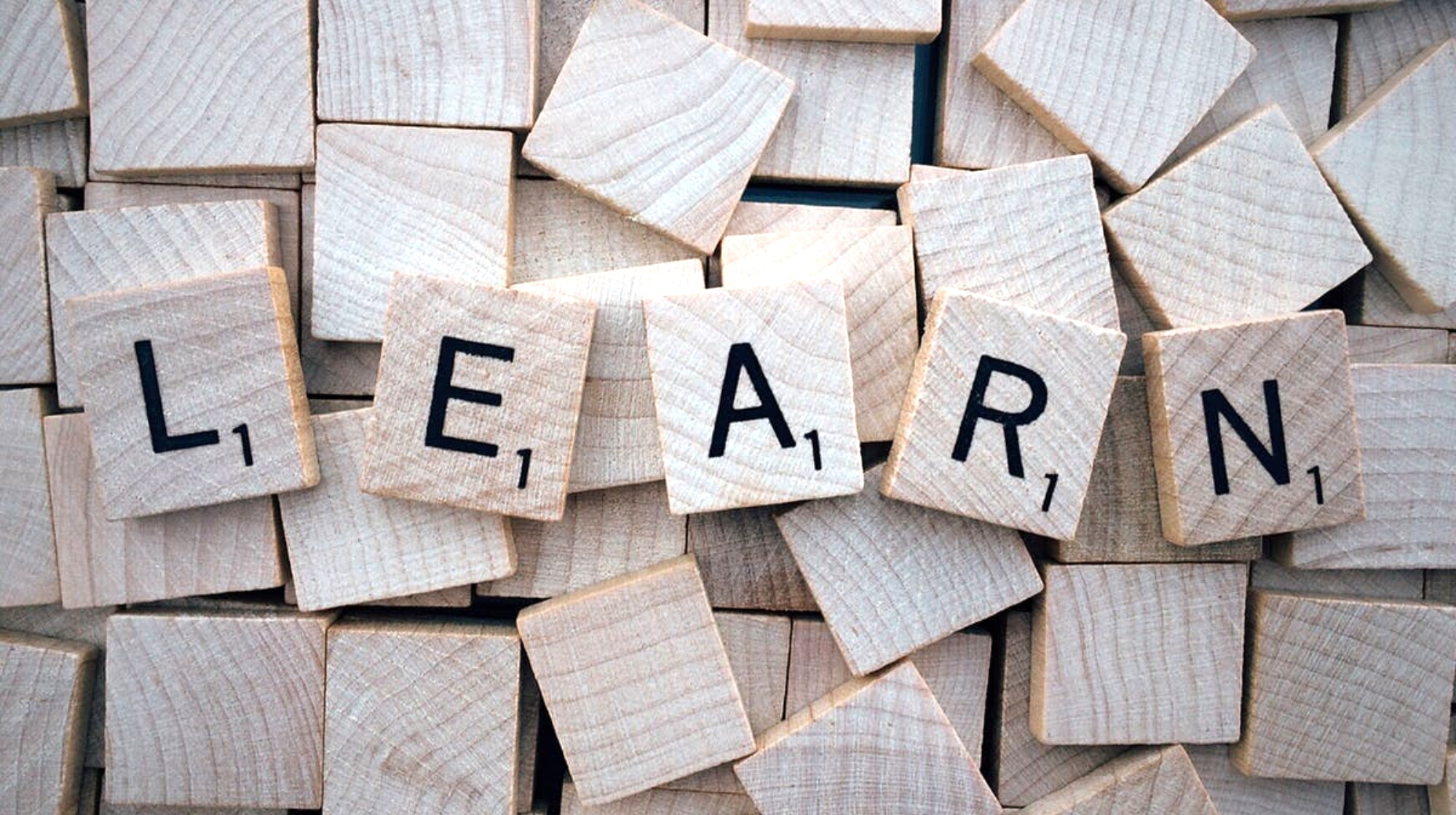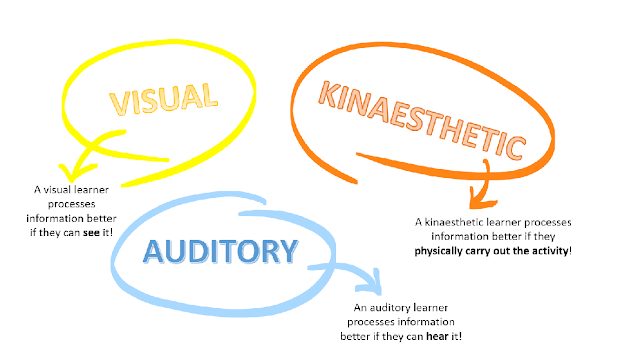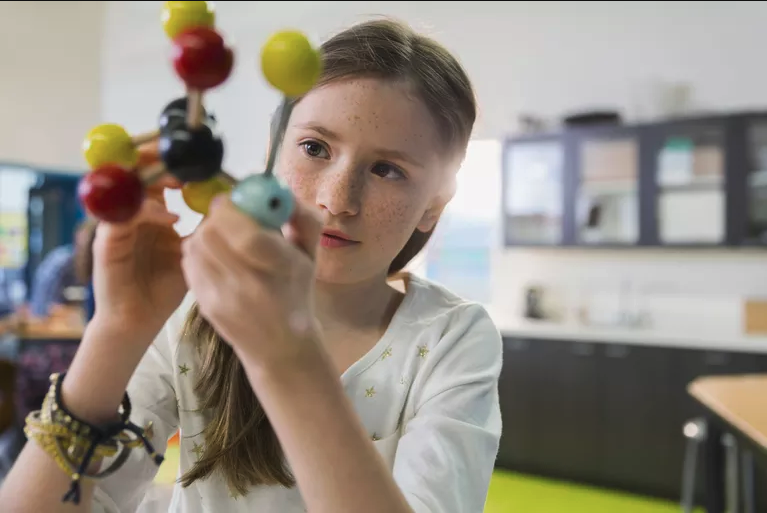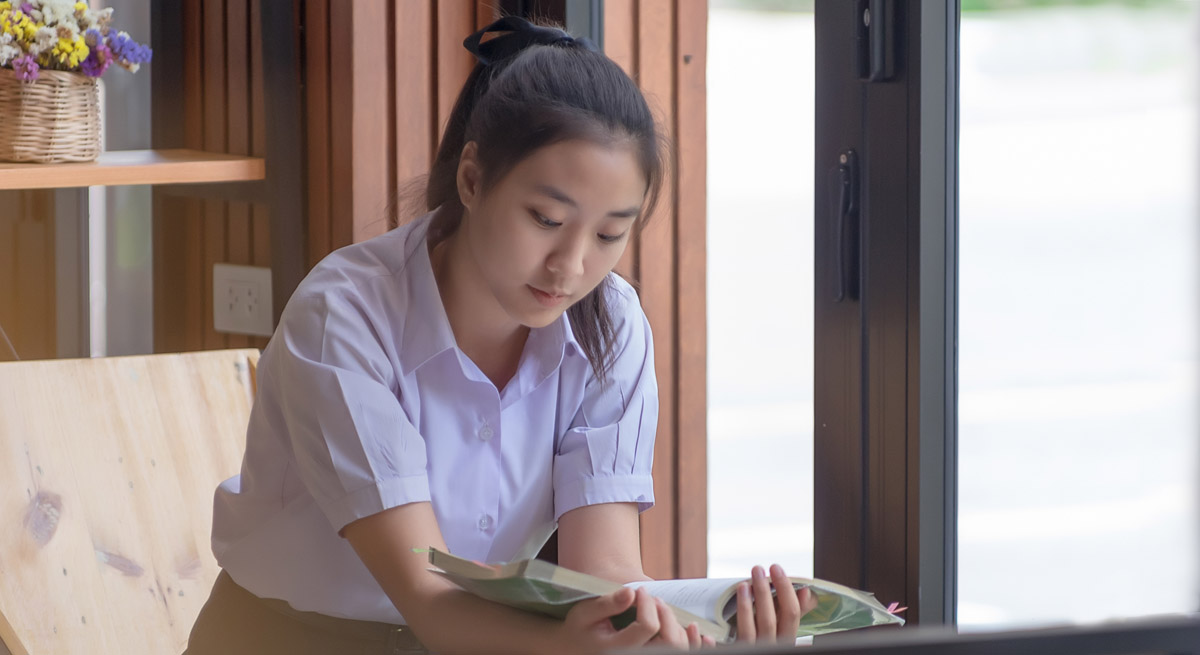The Hidden Advantages of Minecraft Games as Learning
Harrison Reed is an Academic Specialist and avid gamer. He works with A Team Tuition developing child-centric learning methods including games as learning to sharpen study skills. Harrison’s success in developing motivated young learners comes from creating “relevant context” to study. Our tutoring team uses relevant, kid-friendly examples that inspire passion and better understanding of curriculum. Learn more about how our primary school tutors can better connect with your little learner.
Meet Harrison, Self-Confessed Educational Gaming Geek
Hello, my name is Harrison and I’m a gaming addict. As well as being a tutor and Academic Specialist with A Team Tuition, I am a passionate player of educational games and a big advocate for games as learning.
Play Based Learning
The concept of play based learning isn’t new. There have been countless academic articles (140,289 in digital form actually, to be precise) published on the benefits of games as learning in the early childhood educational field. More recently, educational specialists have examined the definition of “play” in the digital age and how it impacts learning in younger kids. As the gamification of education becomes a daily resource for teachers, there has been a rash of studies published on the impact of specific educational games on study skills and the value of games in achieving positive learning outcomes.
Minecraft – where primary school kids mine for study skills
Minecraft is one of the largest entertainment properties of all time, across all forms of media. The game was sold to Microsoft for US$2.5 Billion (with a B!) in 2014 and has continued to go from strength to strength since then. It’s the world’s most loved educational game, and academic studies are showing it’s jam packed with learning opportunities for primary school kids and adults alike.
It has spawned hundreds of imitators and is considered by many experts to be THE most important game of the decade. So successful, that statistically speaking, your kids probably play. While screen time gets a very bad rap from educational experts, there are plenty of benefits to playing Minecraft to develop academic and study skills in primary school children.
It can be as complex or as creative as you want
Minecraft has what is referred to as a narrow but deep gameplay system. Theoretically, there is one action that can be taken in the game – you can break ‘blocks’, and you can place them. That’s it. Simple, right? So simple a four-year-old (or a fifty-year-old) can do it.
But as there are over 150 block types in the game, the possibilities are infinite! Like Lego turned up to 11, the only limitations to play are your child’s imagination and dedication.
A passionate, focused and self-motivated player can develop a virtual world of imaginary play and magnificent builds. While it looks like they’re online gaming, they’re actually setting goals, pursuing strategies to reach those goals, creating art and combining a range of skills, including in more advanced players, basic computer coding. How’s that for an hour or two well spent? It could take your classroom teacher months to develop and inspire these study skills – but they’re already in there, if you know how to ‘dig them up.’
Modes, Codes and Next Level Skill Development
Minecraft has two “modes.” Creative Mode is where building happens. Creative Mode is a version of the game that has no combat, no character death and places the player in ‘God’ mode – this allows the players to express their creativity however they want! For younger kids, this mode is ideal. They never need enter the more competitive world of “Survival Mode” and never need to play on an online server. Child safety is always top priority in gaming, and Creative Mode protects your child from outside influence.
Redstone is electronics disguised as game play
As well as offering unlimited creative potential, Minecraft also contains within it an extremely interesting object – Redstone. Redstone is a representation of an electronic circuit and can be used to send trigger signals to other objects in the game. What that means in practical terms is that Redstone can be used to create some incredibly complex machinery within the framework of Minecraft. Clocks, automatic traps and farms, even entire computer systems are all possible, and will stretch the complexity and creativity of any aspiring engineer or designer.
Minecraft forces the player to take their own agency
Unlike most games, there is no actual storytelling or plot within Minecraft, other than what the player creates for themselves. No objective, no goals, other than whatever the player imagines and sets out to build. And for a student who is told what to do almost every minute of the day – when to get up, where to go, what to do at school, what to eat, when to go to sleep – that can be incredibly freeing.
Want to go see what’s on the other side of that hill? You can! Feel like building an epic mansion? Go ahead! Outside of the requirements of a food system and defending yourself from the hapless hostile enemies – or mobs – inside the game (which can be turned off), there is no limitation to what the player can do. This has led to a huge rise in online servers running multiplayer games with thousands of players, with entire cities and rules based around a game where the goal is to uncover resources, craft (manufacture) and place blocks.
Introduction to coding
Part of the success of Minecraft has been the way that it keeps kids engaged at every level. First, they mine for blocks and place them. Next, they can plan for basic “manufacturing” to craft those blocks into tools and objects (via a “Crafting Table”). Beyond that, they can use Redstone to create “actionable cause and effect” circuits. Finally, they can learn “basic code hacking” by creating “Command Blocks.”
How to create Command Blocks in Minecraft
To open your child’s learning up to include basic coding skills, you can open up the world of Minecraft hacking for them. How?
- Turn “Cheats” on by creating a new world and then clicking “More World Options” (or “Settings” on a console)
- Select “Cheats: ON”
- In the world, type /give to begin. This allows children to “give themselves” the materials they’d usually need to go out and mine. This is the first taste of coding in Minecraft and one that is exciting and inspiring.
- From there, your child can begin the process of learning all the different codes they must manually enter to create different actions in the game. Note that if you have two children in the same world, they can use these codes to “irritate” each other. This is a thing. Trust me. This is DEFINITELY a thing.
Learning Opportunities in Minecraft Education Edition
Minecraft as a property is very aware of the fact that they have a huge potential for assisting in students’ learning. So much so that they have released Minecraft: Education Edition, a special version of the game that includes additional controls for a teacher to manage their class, and special modules created with organisations such as the World Wildlife Fund. These are used to educate and teach students in a way that is interesting and engaging, especially for students resistant to traditional education. With a huge depth and variety of content, Minecraft is going to be used as a learning tool for years to come.
How to choose a tutor that connects with a Minecraft Master!
Our approach to tutoring isn’t just ‘learn by rote.” Our tutoring programs were developed in partnership with child psychologists to deliver a “whole” approach to academic success. So, when we match a tutor with a child, we match not only based on the curriculum, but via individual interests, skill sets and challenges. By matching your little gamer with one of our big gamers, we help form a connection that leads to better motivation and better results.
Meet the perfect tutor for your child and see how they grow!
The post Minecraft Games As Learning: Study Skills for Primary School Students appeared first on A Team Tuition.
from A Team Tuition https://ift.tt/2SaCqTj
via IFTTT









